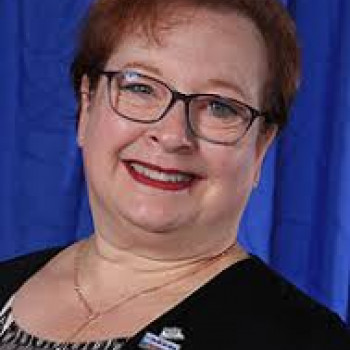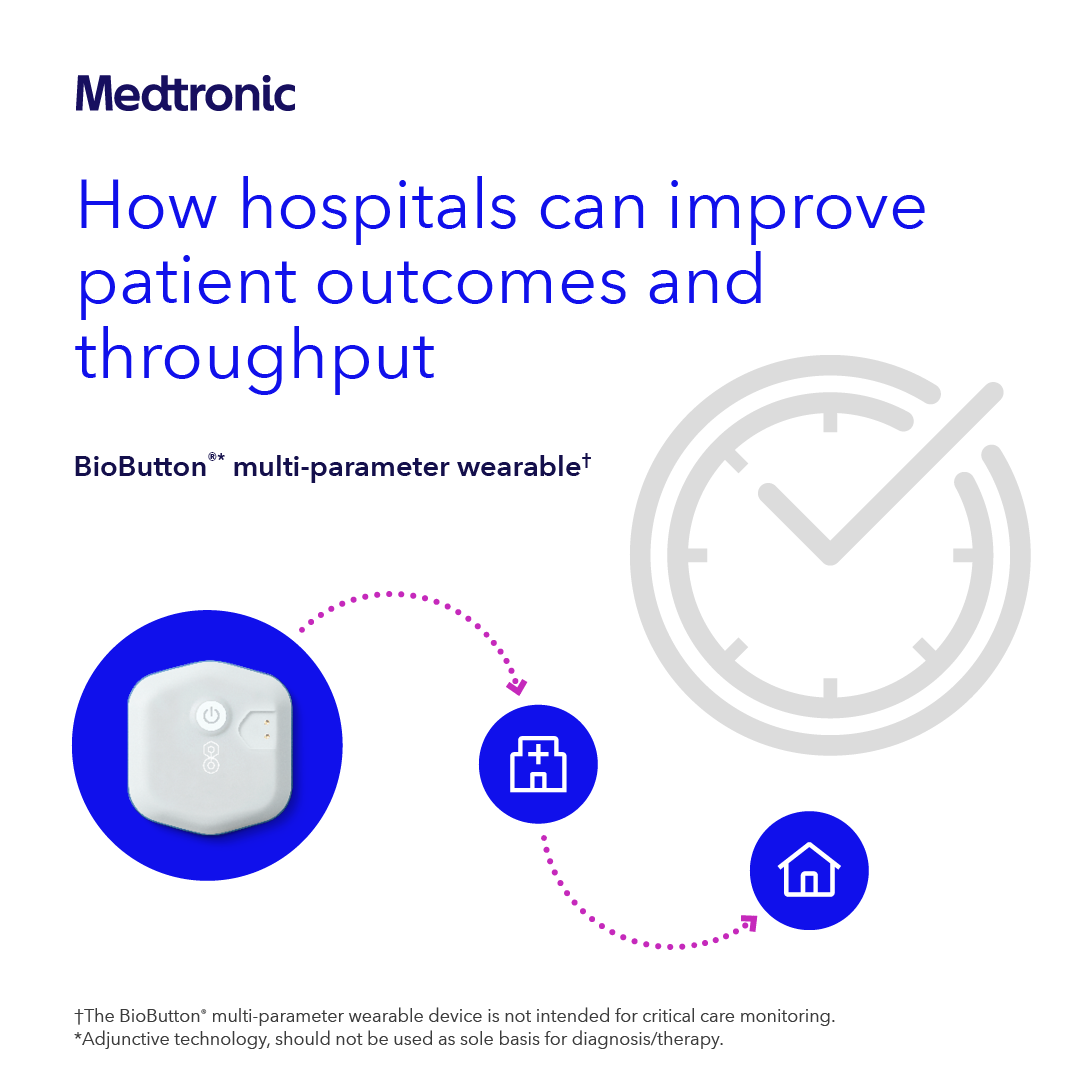
It’s been a tough couple of months for nursing. In February, a nurse at Vanderbilt was arrested and charged with reckless homicide after a medication error resulted in the death of a patient. Just last month, nurses were in an uproar over Washington Senator Maureen Walsh’s uninformed comments about what nurses do. Incidents like these, and those that happen on a daily basis can bring nurses closer together to offer support and build a sense of community.
Nurses spend a lot of time together in the practice setting; sometimes more time than we spend with our outside friends or members of our family. Incidents such as those that made the news recently provide an opportunity for nurse leaders such as yourself to build and strengthen the sense of camaraderie and teamwork among all the members of the nursing team. Building a sense of community needn’t (and shouldn’t) wait for a negative or traumatic incident to draw nurses together. Beginning now, you can take steps to form a tight community of support that will increase resilience and decrease the risk of burnout for all the members of the team.
Begin by discussing your shared values – What brought you into nursing? What does excellence in patient centered care look like? What is your ultimate goal in the delivery of nursing care? By discussing these questions and identifying areas of similarity you can begin to build a community with a sense of purpose and a set of values that everyone is working towards. Also, pay attention to those areas that are different – recognizing that each of us brings different life experiences and talents to the table. Capitalizing on these differences to make a stronger and broader sense of community is a way to promote the synergy of the group.
I was working on a fairly good-sized med-surg unit when I started my nursing career. The nurses had a wide variety of backgrounds and educational levels. Our colleagues - patient care technicians, physical therapists, nursing students and support staff would often visit for short periods throughout the day and we found that despite the varied job responsibilities, educational level, and cultural background, we had a lot in common. It was only after a tragedy that shook us all to the core however, that brought us together into a tightly knit group.
My mentor, and one of my favorite nurses, was killed tragically in an accident with a semi-truck one Saturday morning. Needless to say, I was devastated. Yet our little community pulled together even tighter and supported one another; calling each other to check on how we were doing, discussing the impact one person’s life had on so many, picking up shifts for those who needed some time to grieve. We all wanted to attend the funeral of course and pay our last respects to our colleague and friend. The nursing students and their instructors along with nurses from other units all volunteered to cover our unit so we could attend the funeral together!
Following this, we took some time to tell our stories about our colleague – but it didn’t stop there. We created opportunities to share our own stories in daily huddles. We had created an environment of safety, trust, and collegiality that lasted for quite some time. Everyone has gone their own separate ways of course; pursuing new avenues of practice or retiring. Yet I remember those days of having a little community as one of my favorite things of nursing.



